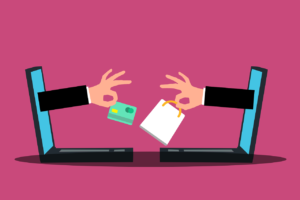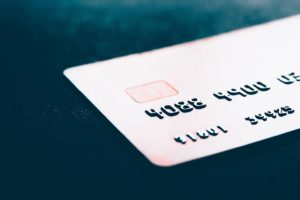Dear Liz: In these uncertain times, I decided I need to have cash on hand. I withdrew $500 in small bills from the bank and put it in a fireproof pouch. Is there a recommended amount of cash one should have available for emergencies?
Answer: The appropriate amount depends on how much you spend and how paranoid you are.
Many financial planners recommend storing a few hundred dollars somewhere safe in your home in case a widespread electrical outage — after an earthquake, for instance — affects ATMs and point-of-sale devices. The idea is that you’ll want enough cash to cover spending for a few days until the power comes back on. Smaller denominations are better than larger ones because you may have trouble finding anyone to give change for $50 or $100 bills.
Emergency preparedness sites tend to recommend storing even larger amounts — $1,000 to $3,000, or whatever you would need — in case access to ATMs and credit cards was affected for a few weeks.
Obviously, storing cash has its perils. The money could be lost, stolen or destroyed in a disaster. You’ll have to weigh those risks against the possibility of needing the cash, and make your own call.
 Today’s top story: 3 steps to breaking unhealthy financial habits. Also in the news: Another $400 in free college aid, 4 retirement savings strategies for family caregivers, and what to know about the trend in buying “vacation homes” before a regular “starter home.”
Today’s top story: 3 steps to breaking unhealthy financial habits. Also in the news: Another $400 in free college aid, 4 retirement savings strategies for family caregivers, and what to know about the trend in buying “vacation homes” before a regular “starter home.” Today’s top story: How buy now, pay later loans could alter credit. Also in the news: An interview with Tori Dunlap, founder of the blog Her First $100K and the “Financial Feminist” podcast, when to refinance student loans, and how to get ready to pay $5 a gallon for gas.
Today’s top story: How buy now, pay later loans could alter credit. Also in the news: An interview with Tori Dunlap, founder of the blog Her First $100K and the “Financial Feminist” podcast, when to refinance student loans, and how to get ready to pay $5 a gallon for gas. Today’s top story: How to maximize paying taxes with a credit card for points. Also in the news: How travel is back, 5 reasons to be optimistic about your summer travel plans, and how rising fed interest rates affect home buyers, homeowners.
Today’s top story: How to maximize paying taxes with a credit card for points. Also in the news: How travel is back, 5 reasons to be optimistic about your summer travel plans, and how rising fed interest rates affect home buyers, homeowners.